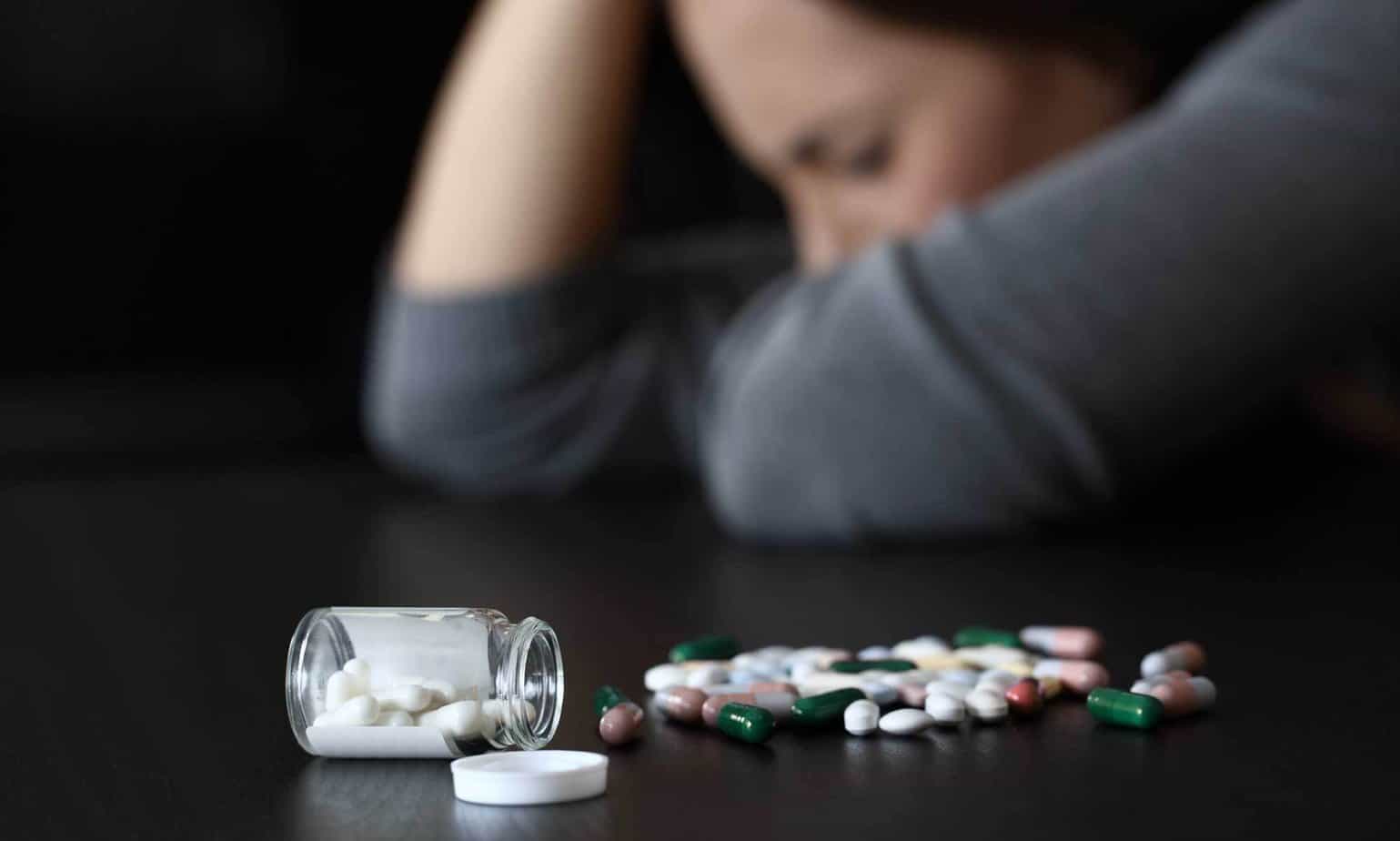Everyone wants to be home for the holidays. At least, that’s what the season’s movies and songs tell us – even advertisements. In the Norman Rockwell painting of the imagination, everyone’s bellies are full of delicious homemade food, plenty of gifts lay at their feet, and the joy that comes along with spending time with family warms their hearts. But, for some people in recovery, a holiday dinner back home can also put their sobriety at risk.
How to Have a Happy Holiday
Navigating a holiday dinner with family can be tricky for individuals in recovery. Depending on a person’s family, there can be a lot of free-flowing alcohol throughout the day. The best thing for a person in recovery to do is be honest about their family’s drinking habits and create a plan centered on that reality.
With a delicately balanced plan, enjoying time home for the holidays can be stress-free, without compromising one’s sobriety. Our Family Wellness Clinician Gerald Guara shares four key tips on how to prevent a relapse during the holidays:
Stay focused on your recovery. Through recovery eyes, a person guarding their sobriety may notice that their uncle drinks more than they remembered or that their sister starts drinking early in the morning. A person who is sober has to bear in mind that they are not there to police anyone else’s drinking habits. “An individual in recovery has to understand that all they truly control in their recovery are the actions they take to support their own recovery. Their family has their own recovery,” says Guara.
Explain recovery to your family. There will be some family members who don’t fully understand a person in recovery’s abstinence from alcohol, especially if the family member drinks a lot during holiday parties. The best thing for a person in recovery to do is to tell family members about their recovery and sober lifestyle — even if they are worried about it not going over well. “A person in recovery should try focusing on how taking action to clearly communicate their recovery will ultimately empower their recovery. If they continue to focus on the potential problems, reactions, judgments, and misunderstandings from their family members, a person in recovery is going to get tripped up,” adds Guara.
List activities you can do with family. Going back home for the holidays also means spending fun, quality time with relatives. A person in recovery should have a list of enjoyable activities they can initiate with their family. “A person in recovery shouldn’t expect their family to automatically know how to interact with this new sober version of their loved one. They may equate “having a good time” with drinking and might feel they will have a challenge having fun with their loved one who is now in recovery,” says Guara. “A good way to prevent any awkward moments would be for the person in recovery to have a few activities in mind that they can do with their family. It may be as simple as everyone playing a game of tag football or cooking a holiday favorite together.”
Have an exit strategy. Of course, if a person in recovery feels their family member’s habits are too distracting or pose a threat to their sobriety, they should have a plan to leave the family holiday dinner politely. A person’s sobriety always comes first. “In recovery, we first have to give ourselves permission to take care of ourselves. Taking the necessary steps to acknowledge and deal with the new challenges they are facing because they are in recovery is healthy,” says Guara. “It can be as simple as letting the host and key family members know that they need to leave and ask that they respect and support their decision. The person in recovery doesn’t have to say their reason for leaving is a particular family member; they can instead make up any polite reason to exit in an honorable way.”
By taking the time to plan the steps to protect their sobriety, a person in recovery will be able to reconnect with family and enjoy the holidays this season.
If you or a loved one is struggling with addiction, Mountainside can help.
Click here or call (888) 833-4676 to speak with one of our addiction treatment experts.

 By
By 






